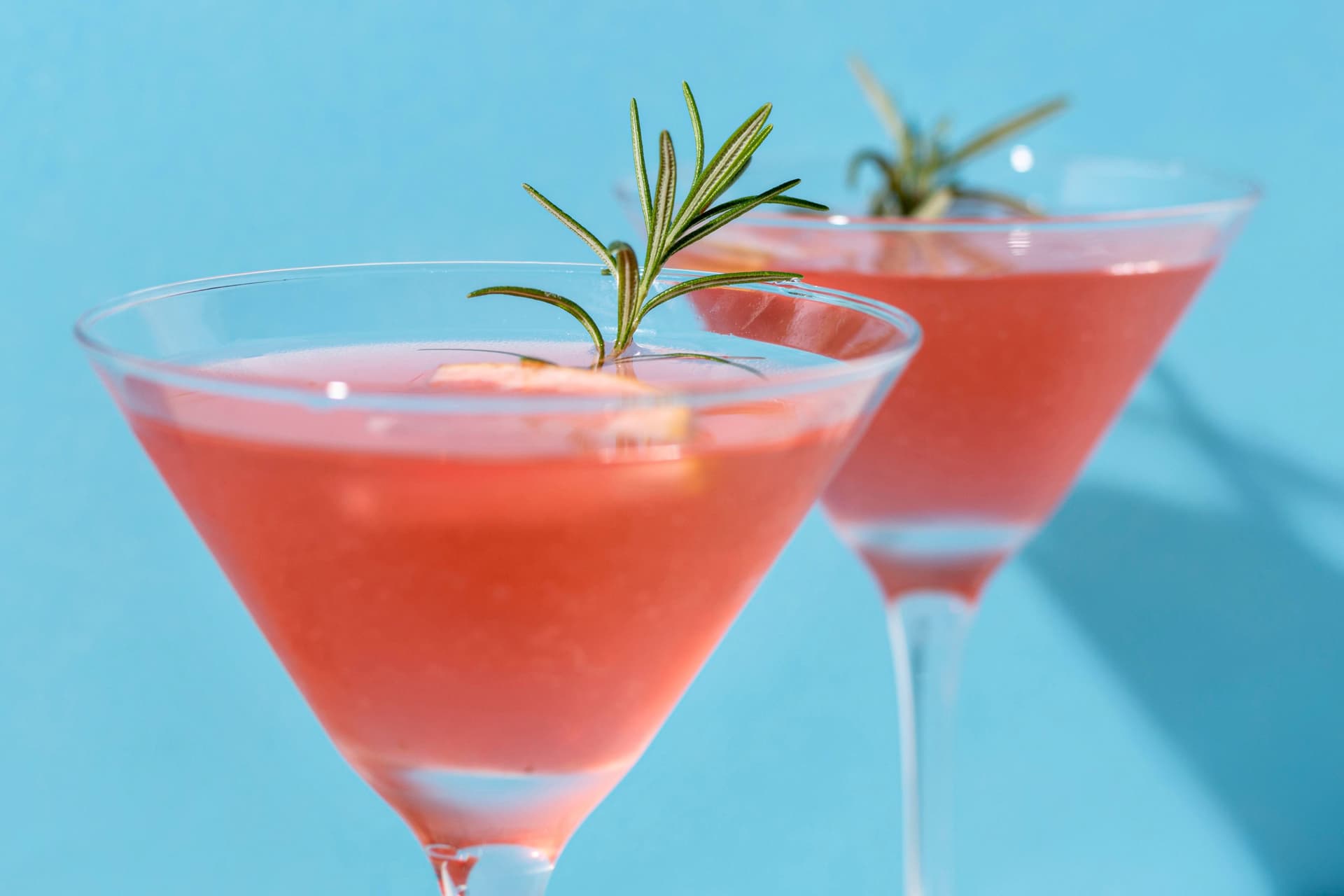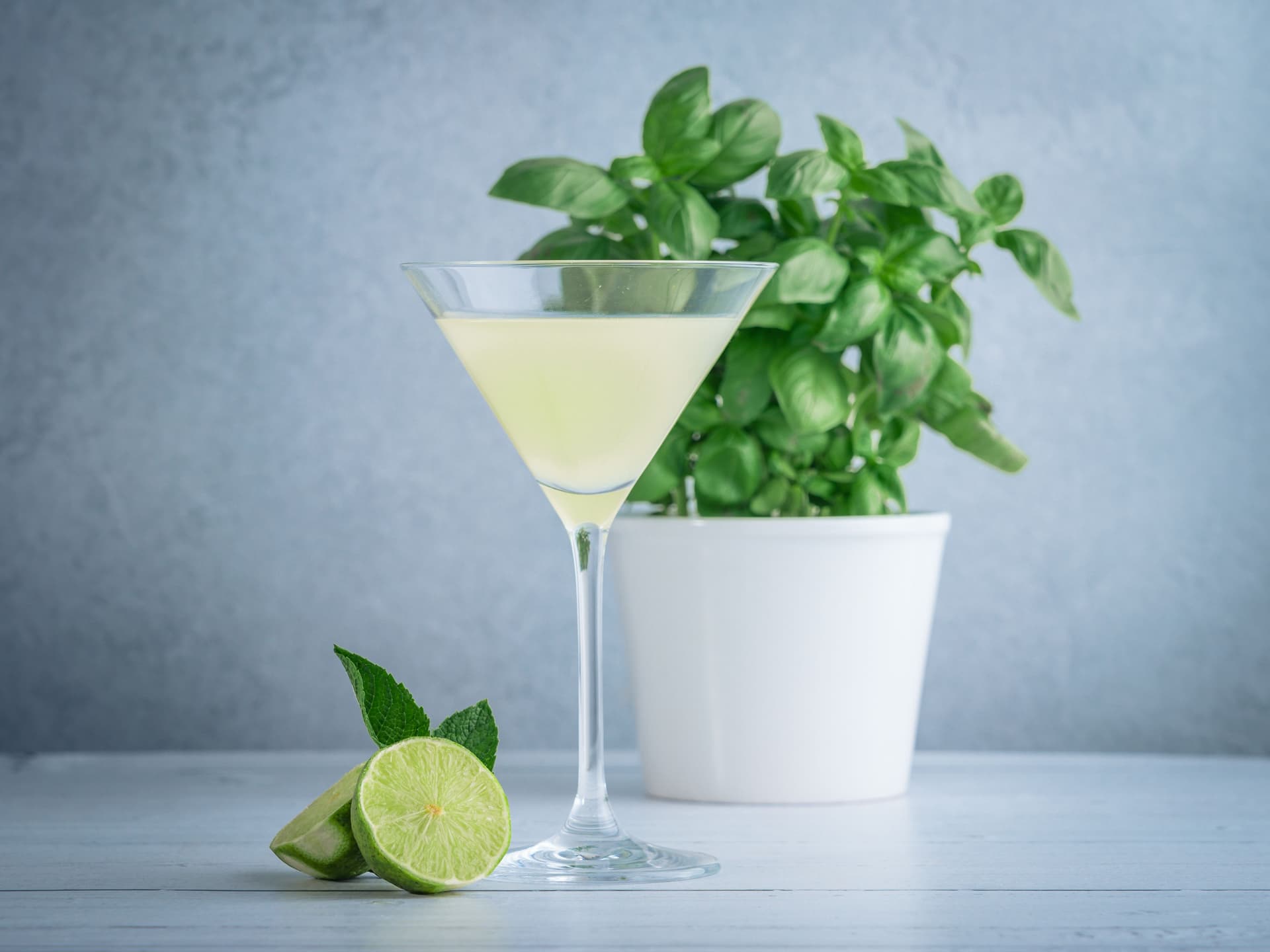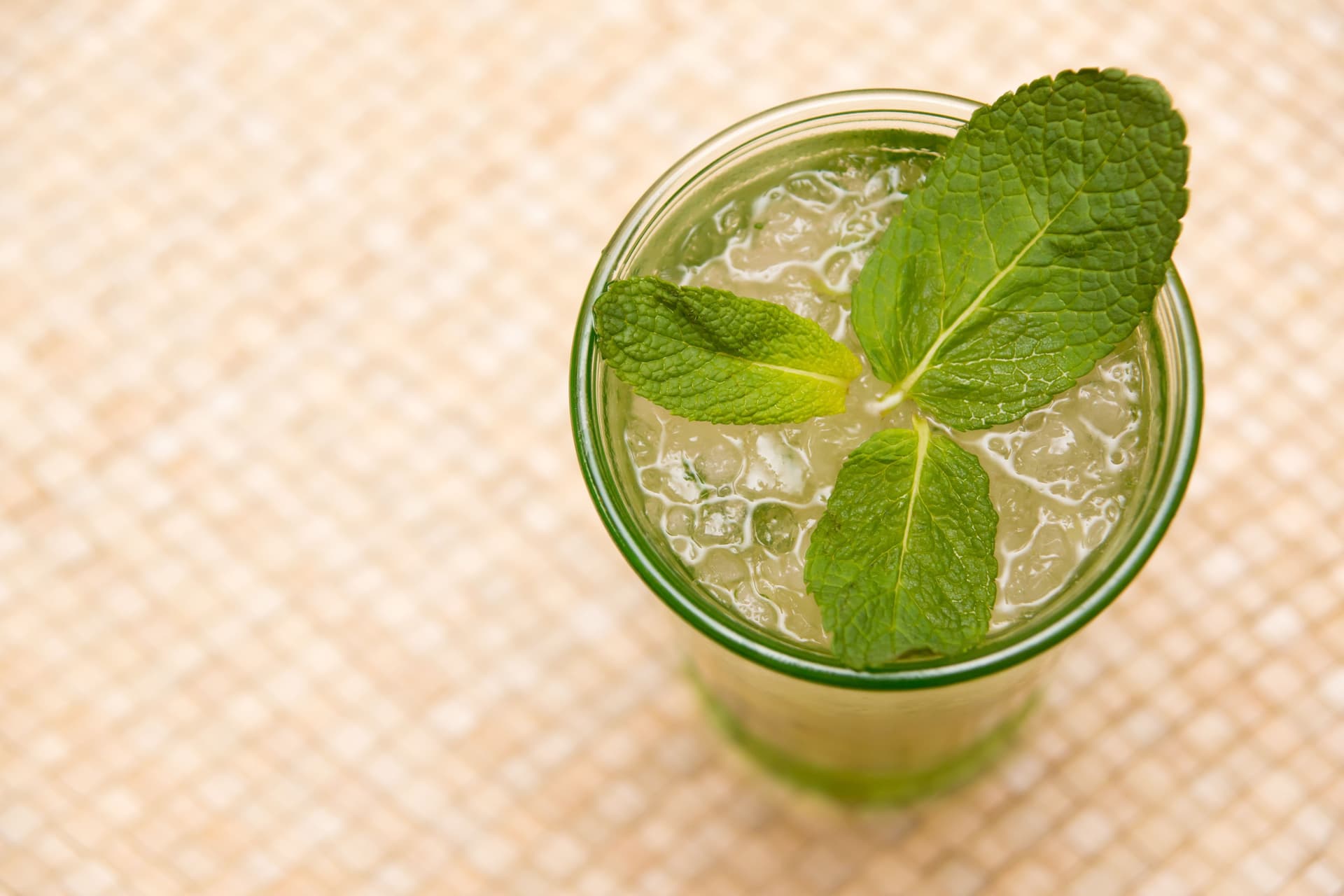Beginners Handbook On How To Infuse Spirits With Fresh Herbs
Herbs are among the most common garnishes seen on cocktails, often added for more than just presentation. Their presence contributes flavours and aroma that can change the overall drink. Beyond their role as decoration, herbs are valued for their versatility.
Some are stirred directly into drinks, while others are infused over time, and others yet are shaken with the base spirit to create a more pronounced layer of flavour. In certain serves, herbs are expressed on the rim of the glass to ensure aroma. Each approach influences not just the taste but also the texture, as herbs can make a cocktail brighter or more grounded. Their flavours range from fizzy and vibrant to earthy and savoury.
By using herbs in different ways, bartenders create cocktails that are refined, layered, and adaptable to various seasons. This practice reflects why herbs continue to be central to modern mixology, valued equally for aesthetics and flavour. Learn about how to handle various herbs with a flexible guide to create signature cocktails!

Rosemary Infusion
Rosemary is one of the most robust herbs used in spirit infusions, valued for its pine-like aroma and resinous flavour. Its oils are highly concentrated, meaning only a small quantity is needed to achieve noticeable results. A ratio of one small sprig per 30 ml spirit is generally enough to create balance without masking. The infusion time should remain short, ideally two to three days, as leaving it longer can cause bitterness to develop. The ideal approach is to check the flavour daily, ensuring the result stays clean and aromatic. Straining at the right moment is essential, as rosemary needles release oils even after removal. Transfer the finished infusion to a sterilised glass bottle and refrigerate to preserve freshness. Rosemary works particularly well with clear spirits, as its character stands out while still allowing room for mixers or garnishes to shine.
Thyme Infusion
Thyme offers a more subtle and earthy flavour compared to rosemary, making it well-suited for longer infusions. A ratio of one medium sprig per 30 ml spirit provides a balanced taste, with an ideal steeping time of three to four days. The herb’s oils release gently, which means it is less likely to mask quickly, allowing for better control over the flavour. Once the desired flavour is achieved, strain carefully to avoid excess plant matter clouding the spirit. Store the finished infusion in a clean, sealed bottle in the refrigerator, where it can last for several weeks without losing its brightness. Thyme infusions bring earthy complexity that works particularly well in savoury cocktails or as a counterbalance to citrus-based serves.

Coriander Infusion
Coriander leaves, also known as fresh cilantro, create a bright and citrus-like infusion that feels fresh but requires careful handling. Unlike lighter herbs, coriander should be used in small amounts, such as a small handful of leaves per 30 ml of spirit. Its flavours release quickly, so the ideal steeping time is only one to two days. Leaving it longer may result in a muddy or overly vegetal taste. To maintain clarity, strain thoroughly through a fine filter as soon as the desired taste is achieved. Store the infused spirit in a sterilised bottle in the refrigerator to preserve its crisp, green flavour for up to a week. Coriander works well with cocktails where herbal taste is key, pairing effectively with citrus elements to enhance vibrancy.
Basil Infusion
Basil is a versatile herb with a sweet yet peppery profile that can heighten a spirit when infused with care. A few fresh leaves per 30 ml spirit are enough to impart flavour without masking the base. Basil requires a shorter steeping period than thyme but slightly longer than coriander, with two to three days being ideal. During this time, its aromatic oils are released, giving the spirit a fragrant and subtly spiced quality. It is important to avoid over-steeping, as basil can take on a bitter note when left too long. By respecting timing and using clean storage methods, basil creates a bright yet layered infusion that enriches cocktails with a modern twist.
Also Read: 5 Classic Herb And Vodka Cocktail Recipes

Mint Infusion
Mint is one of the most popular herbs in cocktail culture, known for its aroma. When used in infusions, it must be handled with restraint, as its robust essential oils can quickly mask the spirit. A ratio of two to three sprigs per 30 ml spirit is sufficient. The infusion time should remain short, ideally one to two days, as prolonged steeping may result in bitterness. Strain the spirit as soon as the desired flavour is reached to keep it clean and crisp. Storage in a sterilised glass bottle in the refrigerator will preserve freshness, though mint infusions are to be served within a week for maximum vibrancy.
Also Read: Don't Muddle The Muddling: A Beginner's Guide To Mastering The Technique
*Drink Responsibly. This communication is for audiences above the age of 25.




